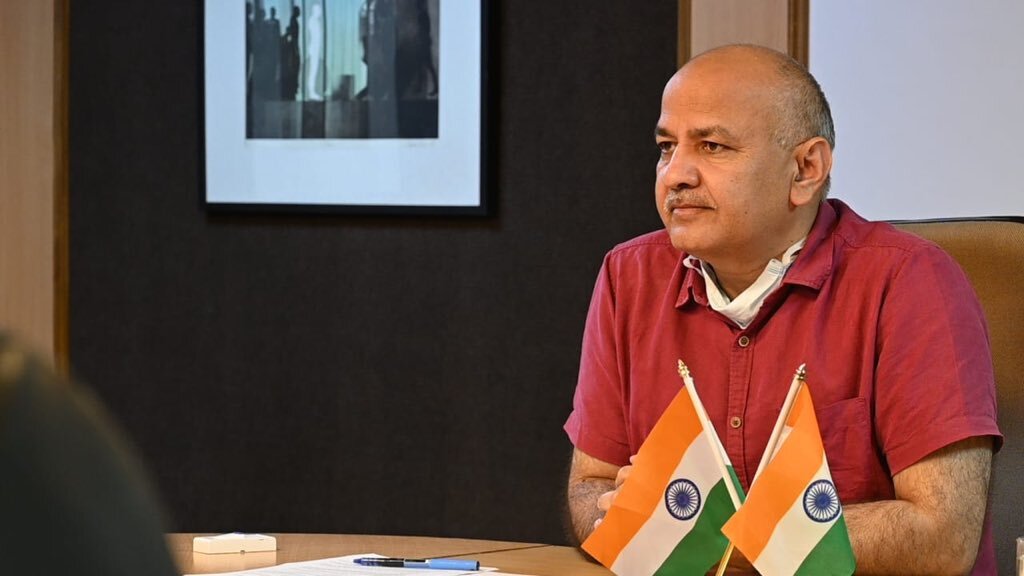First meeting of the general body of Delhi Board of School Education conducted
Press Trust of India | March 31, 2021 | 08:42 AM IST | 2 mins read
The registration and constitution of the board were discussed in the meeting. The nominated and ex-officio members of the board attended the meeting

New Delhi: The first meeting of the Delhi Board of School Education's (DBSE) general body was held on Tuesday in which matters regarding the registration and the constitution of the board were discussed. According to a statement from the deputy chief minister's office, the meeting was attended by the nominated and ex-officio members of the board.
"The agenda of the first meeting included appraisal regarding the registration of the Delhi Board of School Education under the Society Registration Act, 1860, the constitution of the DBSE and its functioning from the academic session 2021-2022, and the appraisal of the members/nominated members of the general body of the Board," it said.
Deputy Chief Minister Manish Sisodia said that the DBSE will discourage rote-learning, bring continuous formative assessments and promote growth mindsets in students.
Why DBSE
"The purpose of the Delhi Board of School Education is three-fold. First, the Board will move away from the practice of rote-learning and move towards giving a holistic picture of each learner, which goes beyond scholastic ability in subjects to include values and skills required in the future such as critical thinking, creativity, collaboration. Secondly, it will emphasise on continuous formative assessments. The main aim of setting up the board is that the assessment system should become a 'Partner of Learning and not an Authority of Testing'. And third, we want to encourage a growth mindset among students, which would be strengthened by making it a part of regular assessment," Sisodia said.
The Delhi Cabinet had approved the setting up of the DBSE on March 6, following which the society for the Board was registered on March 19.
Sisodia added that the DBSE will also empower teachers to achieve their full potential by giving them "timely feedback on specific actions they take to help every child in their classroom".
"...Often, the style and frequency of our assessments leave little room for teachers to change their teaching plan so as to help individual learners in areas where they need help. With a more personalised and continuous form of assessment, teachers will receive actionable inputs on how they can help learners overcome difficulties they may be facing in the classroom," he said.
Write to us at news@careers360.com
Follow us for the latest education news on colleges and universities, admission, courses, exams, research, education policies, study abroad and more..
To get in touch, write to us at news@careers360.com.